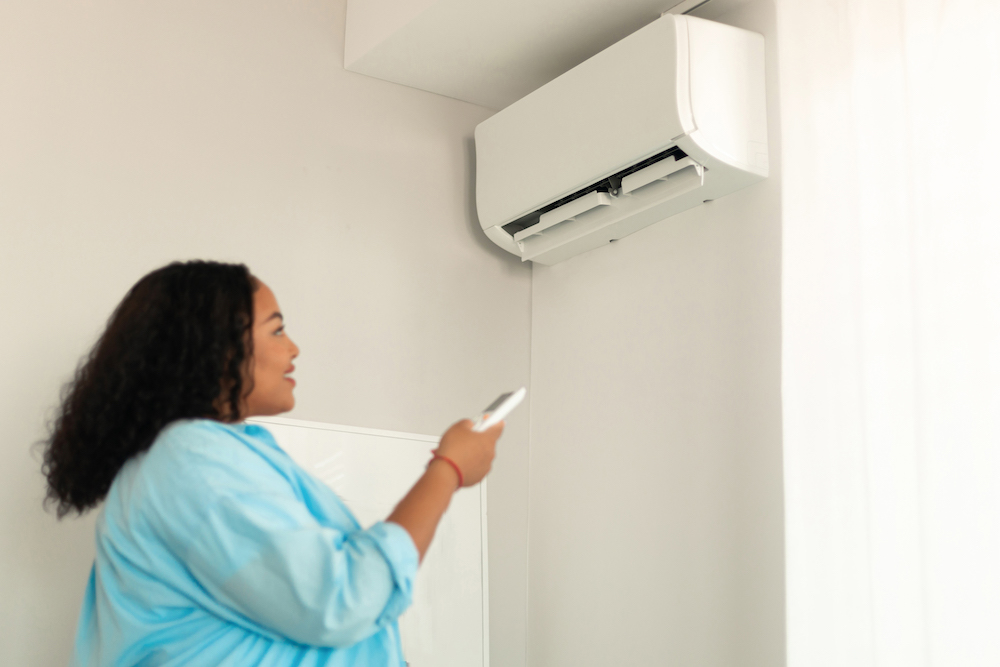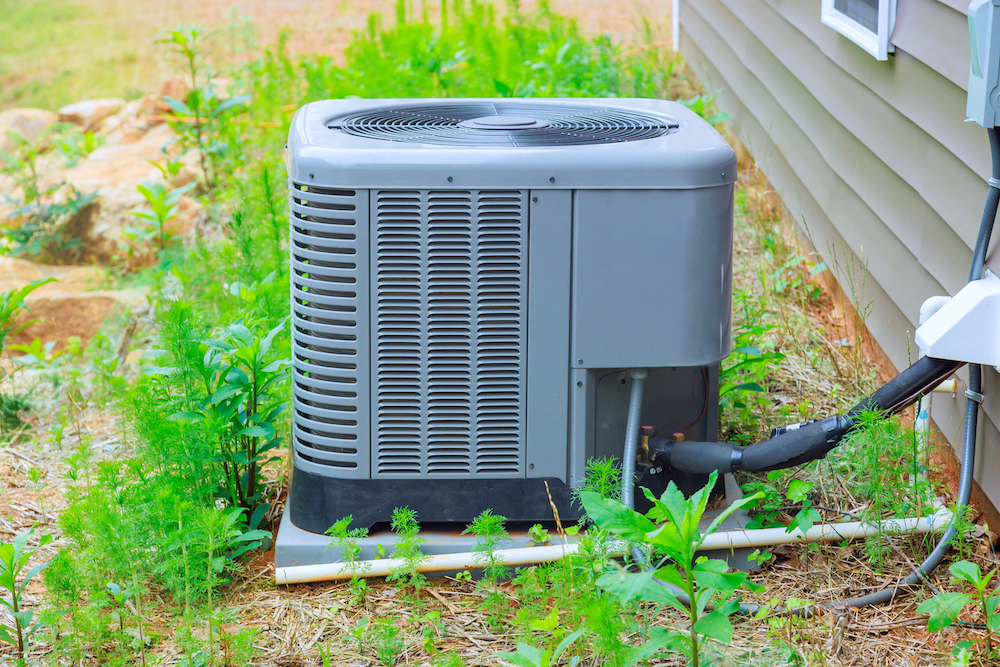As temperatures rise, the need for an effective air conditioning system becomes paramount for maintaining comfort in our homes and workplaces. Two of the most popular options for cooling systems are central air conditioning and mini split air conditioning systems. Each has its own set of advantages and disadvantages, making it essential to understand their differences before making a decision. This article will delve into the features, benefits, and drawbacks of both systems to help you make an informed choice.
Central Air Vs. Mini Split AC Systems
Central Air Conditioning Systems
1. Overview Central air conditioning systems are designed to cool entire homes or large spaces from a single central location. They consist of an outdoor unit (compressor and condenser) and an indoor unit (evaporator coil and air handler), connected by a series of ducts that distribute cooled air throughout the building.
2. Key Features
- Whole-house cooling: Central air systems are capable of cooling an entire home uniformly.
- Ductwork: These systems require a network of ducts installed throughout the home to distribute cool air.
- Thermostat control: Typically, a single thermostat controls the temperature for the entire house.
3. Advantages
- Uniform Cooling: One of the most significant benefits of central air conditioning is its ability to cool all rooms uniformly. This is particularly advantageous for larger homes or buildings.
- Aesthetic Appeal: With central air, the ductwork and major components are hidden from view, providing a more aesthetically pleasing solution.
- Air Quality: Central systems often include filters that help improve indoor air quality by removing dust, allergens, and other particles.
4. Disadvantages
- Installation Cost: The initial cost of installing a central air conditioning system can be high, particularly if ductwork needs to be added to an existing structure.
- Energy Efficiency: Central air systems can be less energy-efficient than mini split systems, especially if the ductwork is not well-insulated or if there are leaks.
- Zoning Limitations: Central air systems typically do not allow for zoned cooling, meaning you cannot independently control the temperature of different areas of the home without additional equipment.
 Mini Split Air Conditioning Systems
Mini Split Air Conditioning Systems
1. Overview Mini split air conditioning systems, also known as ductless systems, consist of an outdoor unit connected to one or more indoor units. These indoor units can be mounted on walls or ceilings in individual rooms, allowing for targeted cooling.
2. Key Features
- Zoned Cooling: Each indoor unit can be controlled independently, allowing for different temperatures in different rooms.
- No Ductwork: Mini split systems do not require ductwork, making them easier and cheaper to install in existing buildings.
- Compact Design: The indoor units are compact and can be installed in a variety of locations.
3. Advantages
- Energy Efficiency: Mini split systems are often more energy-efficient than central air systems because they eliminate the energy losses associated with ductwork.
- Flexible Installation: The absence of ductwork allows for more flexible installation options, making mini splits ideal for older homes or buildings without existing ducts.
- Zoning Capability: The ability to control the temperature in individual rooms can lead to significant energy savings and increased comfort, as you can cool only the rooms you are using.
- Quiet Operation: Mini split systems tend to operate more quietly than central air systems, especially the indoor units.
4. Disadvantages
- Initial Cost: While mini split systems can be cheaper to install in homes without existing ductwork, the cost of multiple indoor units can add up.
- Aesthetic Impact: The indoor units are visible on the walls or ceilings, which some people may find less aesthetically pleasing than the hidden ductwork of central air systems.
- Maintenance: Mini split systems require regular maintenance, including cleaning the filters and coils, to ensure optimal performance.
Factors to Consider When Choosing Between Central Air and Mini Split Systems
1. Home Size and Layout
- For larger homes with multiple rooms, central air conditioning might be more practical due to its ability to cool the entire house uniformly.
- For smaller homes, apartments, or homes without existing ductwork, mini split systems offer a more flexible and cost-effective solution.
2. Installation Cost
- Consider the cost of installing ductwork for a central air system versus the cost of multiple indoor units for a mini split system.
- Factor in potential rebates or incentives for energy-efficient systems that could offset initial costs.
3. Energy Efficiency
- Mini split systems often have higher SEER (Seasonal Energy Efficiency Ratio) ratings compared to central air systems, leading to lower energy bills over time.
- Evaluate the insulation and condition of existing ductwork if considering a central air system, as leaks and poor insulation can significantly impact efficiency.
4. Aesthetic Preferences
- Decide whether you prefer the hidden ductwork of a central air system or if the visible indoor units of a mini split system are acceptable.
5. Climate Control Needs
- If precise control over the temperature in different rooms is important, a mini split system’s zoning capability may be more beneficial.
- Central air systems are ideal for those who prefer a consistent temperature throughout the entire home.
Both central air and mini split air conditioning systems offer unique advantages and disadvantages. The best choice depends on your specific needs, including the size and layout of your home, budget, energy efficiency preferences, and aesthetic considerations. By carefully evaluating these factors, you can select the cooling system that provides the most comfort and value for your living space.
Looking for Mini Split or Central Air Installation in the Monmouth County, New Jersey Area?
Are you looking for a professional and reputable HVAC contractor in Monmouth County, NJ? East Coat Mechanical Contractors Inc. is a family run HVAC company based in Monmouth County that has been in the industry for more than 30 years. We pride ourselves in providing “Quality and Value” residential and commercial heating and cooling services throughout Central New Jersey. We provide installation, repair, and maintenance solutions for all types of comfort systems. For more information, you can contact us at (732)751-8877 or check out our website.
Monmouth County HVAC Specialists

